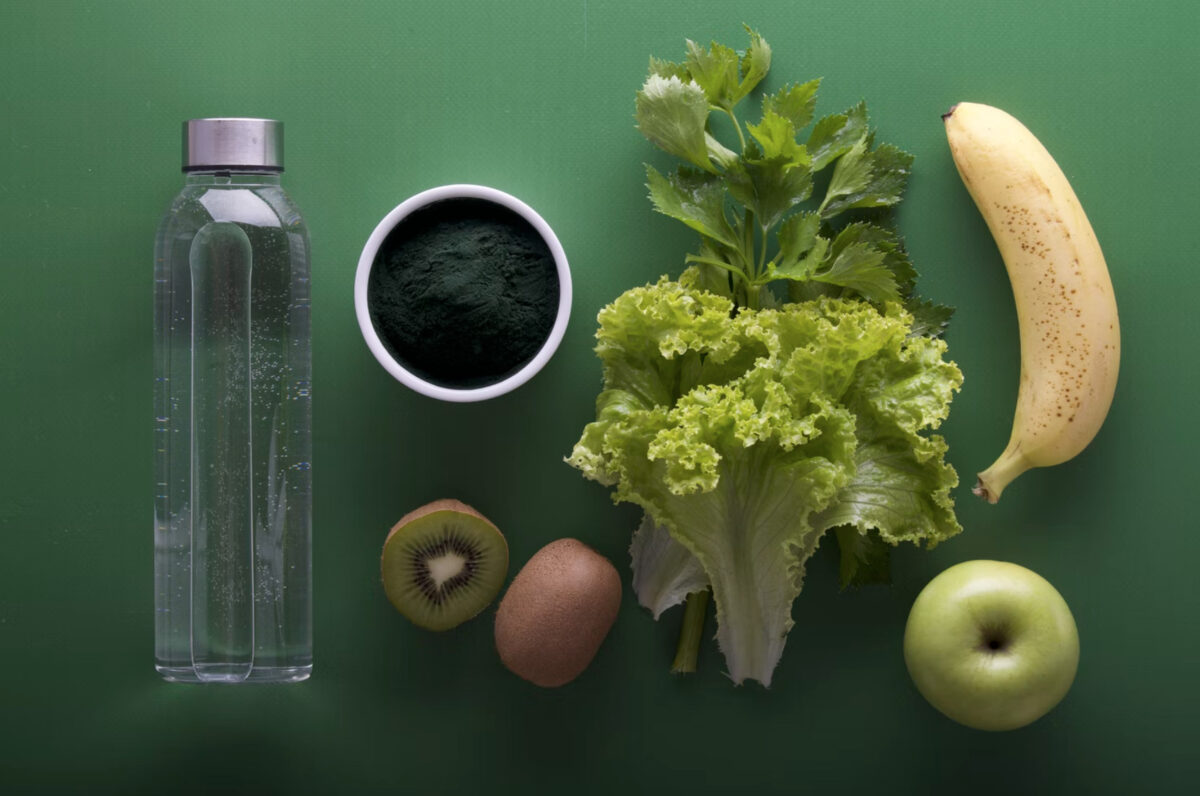Dr. Tamara Kung, ND
Humans are essentially a giant, elaborate tube. We have an outside layer (our skin), and an inner layer (our gut lining) that encases all our innards and protects us from the outside world.
We are incredibly vulnerable organisms and need protection from the harsh external environment, so our skin which is multiple layers thick, and constantly regenerating, contains sweat, and specific pH levels to protect us and kill off any unwanted intruders.
Our gut starts at our mouth and ends at our bum, and represents the inner part of the tube. Unlike our skin, our gut is only one cell layer thick! One integral layer that separates your blood and internal organs from the external environment. If there’s so much as a tiny, inflicted wound, there’s no other cell layer there to stop food particles, waste products from bacteria metabolism, or toxins released from dying microbes from entering places they don’t belong. This can light up our immune system, and lead to chronic inflammation!
Common symptoms of a damaged gut barrier are food intolerances, excessive gas, bloating, persistent or recurring skin rashes, breakouts like acne, eczema, psoriasis or rosacea, and autoimmune conditions (from a confused and inappropriate immune response) like hypothyroidism.
While avoiding foods by following a LOW FODMAPS diet, or eliminating nightshades (tomatoes, eggplant etc), can provide temporary relief, it’s missing the root cause, resulting in a strategy that effectively “shoots the messenger”. Real food isn’t the problem. The lasting solution is to have a robust and healthy gut barrier that prevents these food proteins, molecules and toxins from getting into our bloodstream in the first place.
One major disruptor of our thin intestinal lining is protein gliadin found in seemingly benign wheat. Hang on! Isn’t wheat a real food? Yes, but modern-day modifications to this food have left us in an evolutionary mismatch, with our body having little to no time to adapt to these new structures of wheat. As a result, modern wheat can increase the permeability of our gut lining by loosening up the tight bonds that naturally help keep our single-cell layer tightly bound together.
For this reason, sticking with our real, unprocessed foods (no package, no problem, and your 5-ingredient rule, you know the drill), help us prevent gut damage. To take it one step further, here are specific nutrients we want to include to give our delicate intestines all the support they need.
Game Plan: Building a tight defensive line
- Fiber again! All plants contain fiber, and help build up and maintain a strong healthy, tightly packed intestinal cell layer! Growing healthy intestinal cells require short-chain fatty acids (SCFA), which are a by-product made when healthy bacteria get enough fiber to eat (best sources are vegetables, lentils, legumes, fruits, nuts, seeds).
- Curcumin, a compound found in turmeric root, is one such gut healer. It helps repair the tight junctions between our gut cells, so that the single layer remains tight and less penetrable. However, curcumin needs to stay in our gut for it to work its healing touch. That means we are looking for turmeric that is NOT absorbable as curcumin is a potent anti-inflammatory and can help reduce inflammation in our body which is helpful for conditions like pain and arthritis. This is more of a band aid solution compared to helping our gut lining stay healthy, strong which will in turn reduce and prevent inflammation from happening in our blood in the first place. When looking for curcumin, or eating turmeric, avoid those that are combined with black pepper (aka. bioperine). Add turmeric to your avocado with some salt, paprika, and cumin for a quick snack or roasting veggies.
- Vitamin D is deficient in over 70% of Canadians, and integral not just to bone health and our immune system. But new studies are showing how it positively impacts the growth of healthy gut bacteria, who in return make butyrate (another favourite food for growing healthy intestinal cells), and protective mucosal layers (as described in part I).
- Omega 3 is showing similar benefits in terms of optimizing the growth of healthy gut bacteria that give the gift of mucosal protection, and intestinal rejuvenation fuel sources such as butyrate and SCFA. Omega 3 has the additional benefit of reducing inflammation and protecting and increasing the resilience to intestinal damage.
Begin incorporating more of these defense mechanisms and you will begin to feel the differences. Happy eating!
Reference:
Costantini, L., Molinari, R., Farinon, B., & Merendino, N. (2017). Impact of Omega-3 Fatty Acids on the Gut Microbiota. International journal of molecular sciences, 18(12), 2645. https://doi.org/10.3390/
Lammers, K.M., et al. (2008). Gliadin induces an increase in intestinal permeability and zonulin release by binding to the chemokine receptor CXCR3. Gastroenterology, 135(1), 194-204. Retrieved from https://www.ncbi.nlm.nih.gov/
Markowiak-Kopeć, P.; Śliżewska, K. The Effect of Probiotics on the Production of Short-Chain Fatty Acids by Human Intestinal Microbiome. Nutrients 2020, 12, 1107. Retrieved from https://doi.org/10.3390/
Schwalfenberg GK, Genuis SJ, Hiltz MN. Addressing vitamin D deficiency in Canada: a public health innovation whose time has come. Public Health. 2010 Jun;124(6):350-9. doi: 10.1016/j.puhe.2010.03.003. Epub 2010 Apr 21. PMID: 20413135.
https://www150.statcan.gc.ca/n1/pub/82-624-x/2013001/article/11727-eng.htm
Coates, M. et al., (2019). The skin and intestinal microbiota and their specific innate immune systems. Frontiers in Immunology. Retrieved from https://www.frontiersin.org/
Singh, P., Rawat, A., Alwakeel, M. et al. The potential role of vitamin D supplementation as a gut microbiota modifier in healthy individuals. Sci Rep 10, 21641 (2020). https://doi.org/10.1038/
Wang, J., Ghosh, S. S., & Ghosh, S. (2017). Curcumin improves intestinal barrier function: modulation of intracellular signaling, and organization of tight junctions. American journal of physiology. Cell physiology, 312(4), C438–C445. https://doi.org/10.1152/


